Beyond the edge of the world there’s a space where emptiness and substance neatly overlap, where past and future form a continuous, endless loop. And, hovering about, there are signs no one has ever read, chords no one has ever heard. ~ Haruki Murakami
Emerson exhorted us to go where there is no path and leave a trail. This was the thought uppermost in my mind at the penultimate moments of planning our trip this season to experience wildlife - specially the birds, from close. The itinerary & destination was to be Bharatpur - when we realised that we have at least one extra day in hand. Not that, it could not have been well spent even at Bharatpur, but that streak to explore some unknown territory took over.
One of the thoughts was to capture night view of Taj Mahal in Agra - but that seemed a bit cliched. Besides, visiting & capturing Taj would not have been same without my wife. (Those, who find it cheesy, please give me a break. A man needs to score some brownie points too once in a while).
That is when destiny took over, and I came across a few images directing our attention towards Dholpur. A telephonic conversation with Shri Rajeev Tomar of Dholpur - who promised to guide us & did it so ably - tipped the scale. And, as I said at the beginning, Emerson's oft-quoted statement sealed the deal.
So, off we were, getting down from train at Mathura and travelling towards Dholpur - taking the famous Agra-Mumbai Road. The task at hand, in the beginning was ardous - to goad the driver into driving fast - so that we can reach well in time, before fog gets into action & carpets the whole world. Hilariously enough, this extra cautious driver (Could he have been the inspiration for Imtiaz Ali’s taxi driver in Jab We Met?) was equally hell-bent on getting his car scratched - even in situations where it could have been easily avoided.
Incidentally, travelling on any of the national
highways acquaint one with a number of small, indistinguishable towns – normally
lined on the either sides, while the highway cuts across through them. Such
dusty & unimpressive looking towns abound all over the country – seemingly cloned out of similar
populace. You have seen one, you have seen them all.
This is how I felt when we reached Dholpur - the last town of Rajasthan before NH3, the Agra-Mumbai Highway, enters into MP.
My first glimpse of Dholpur and I could not escape the usual feeling - been there, seen that - kind of. This time, I soon realized that
I had a reason to feel so. Yes, I had
been there earlier - years ago – in different circumstances, in different role.
(If you allow me a bit of a reminiscence, this is the point where I go into a flashback. If not, by all means, you may skip next couple of paragraphs.)
The year was 1996. The monsoon days of July end looked wettest & bleakest then, all the more because I was away from home, in conditions, describing which as inhospitable, would be a typical
British stiff-upper-lip kind of understatement.
I was on road, travelling from Morena, in a taxi which
was taking me towards Agra, whereon I was to travel to Delhi for catching a homebound flight. On those wet roads, with rain pouring constantly, I was cold and tired, and all alone, and the home was at least a thousand miles and perhaps more than a day away.
That is when my taxi was pulled over to side. Waking up from my weather-induced slumber, I stepped out in rain, to realise that the bridge ahead was now closed for traffic - because the river had just started flowing across, in fact a couple of inches above the bridge. The scape ahead did look ominous, with a furious river lashing along the banks. Fortunately, my ignorance about river's real depth and the desperation to reach home somehow added that extra edge in my desperate plea, which must have touched a chord and convinced the army
officer patrolling the bank to allow my taxi to cross the bridge. Mine was the last vehicle after which the bridge was shut to traffic for next few days.
Despite the chilling rain & ominously dark afternoon, I still remember the warm smile of that officer as my taxi
crossed the bridge & moved towards Agra – passing through another town that
looked equally desolate that wet evening.
The thought of returning to those
roads, seeing that river, visiting that desolate town ever again in my life ahead was something which never crossed my mind.
That was then. This was now. Here I
was – almost eighteen years later – on a barely warm January afternoon trying to outrace the Sun moving towards horizon and a chilling evening - to get some time during bright daylight and experience the wildlife at National Chambal Sanctuary, and around that desolate town, which - I now know – was Dholpur. The river was much more quieter, just murmuring along, in comparison to that monsoon evening of eighteen years ago.
For a bird lover, this is one of
the very few locations in India to sight Indian Skimmer, a vulnerable bird, in
its natural habitat – and we were not
disappointed.
As we turned a small bend on one of the sandy beaches of Chambal,
a flock engaged in pre-mating rituals, went on to display their flying prowess
to us – almost in a manner as if they had been rehearsing for this very occasion.
Another interesting specie to sight is Gharial
– a handsome specie of crocodiles, and currently one of the critically endangered
species. A Gharial with its raised jaws, en-sheathing sharp & vicious teeth, looks like a smiling assassin.
Of course, the crocodiles themselves were not too far from the reach of our lens. Fortunately, though the reverse was not the case.
Dholpur, however, is just not about the National Chambal Sanctuary. The nature, with its extreme temperatures, has created an eco-system, in sync with the river, that makes Dholpur a rich treasure-trove for all kind of birds - be it vultures & raptors, grass-birds & water-birds alike.
For the photographer in me, equally interesting
was the topography around the river – carved out by nature through well-toiled
efforts of centuries, in a manner that makes it inhospitable for one to live - and very easy for those who want to get lost.
English
language uses the word Hinterland for such a place lying so beyond anything. In
Hindi, however, the word to describe the region around the river near Dholpur was
‘ Beehad’, meaning ravines.
These were
not just ravines with a very interesting & distinct landscape. These were
part of the infamous ravines of Chambal – badlands of Northern India, infested
with dacoits whose exploits were not only the part of local folklore, but were
used also to drive the plots in Hindi movies –From Bandit Queen of early 90s to
the most recent one, Paan Singh Tomar.
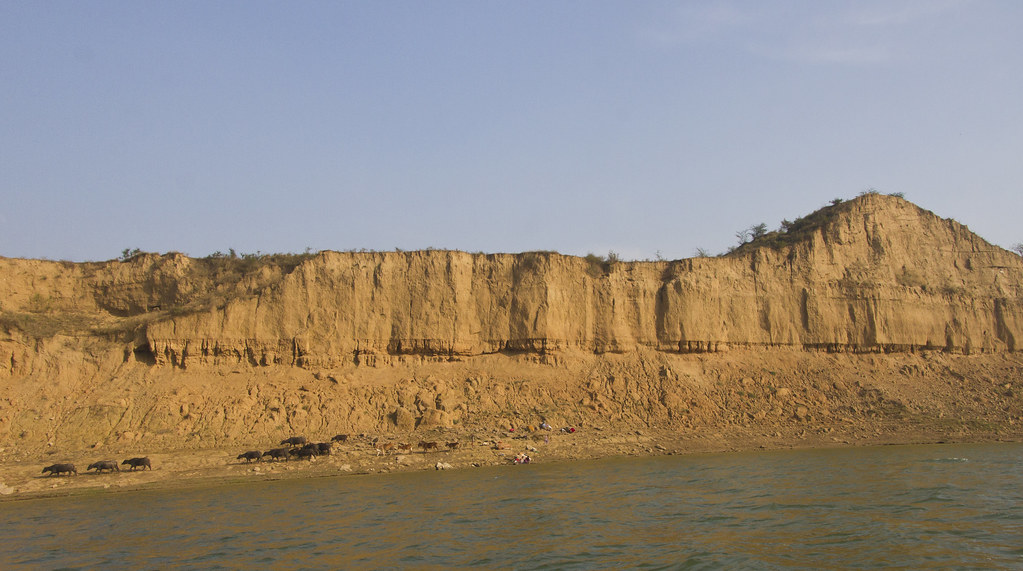
One look at those unfathomable ravines, and it is easy to fathom the reason why these were the breeding grounds for the dacoits.

One look at those unfathomable ravines, and it is easy to fathom the reason why these were the breeding grounds for the dacoits.
To add to all this, the myriad colours that the terrain sports & the remnants of Dholpur's history is sufficiently enchanting for anyone to get hooked.
The architecture providing a glimpse of its rich heritage, those enigmatic & scary dusty ravines, the red stone plateau, covered with dense forest, the lakes and smaller water-bodies - reflecting the sky & Mustard cultivation brightening the otherwise dull day.
And the birds? Well, by the end of the trip, the count was almost 100, with a few lifers. Perhaps, we could have spent another couple of days in this rainbow, and I would have been as sad faced - but for another proverbial pot of nature's treasure at the other end, which was beckoning us from Bharatpur.
So, while, I take a breather before narrating my experience of Bharatpur, here is a link for you all to feast your eyes on more images - specially of the variety of birds - from Dholpur:
And me, well, as far as I am concerned, I now know exactly what Douglas Adam meant when he said:
I may not have gone where I intended to go,
but I think I have ended up where I intended to be.
but I think I have ended up where I intended to be.
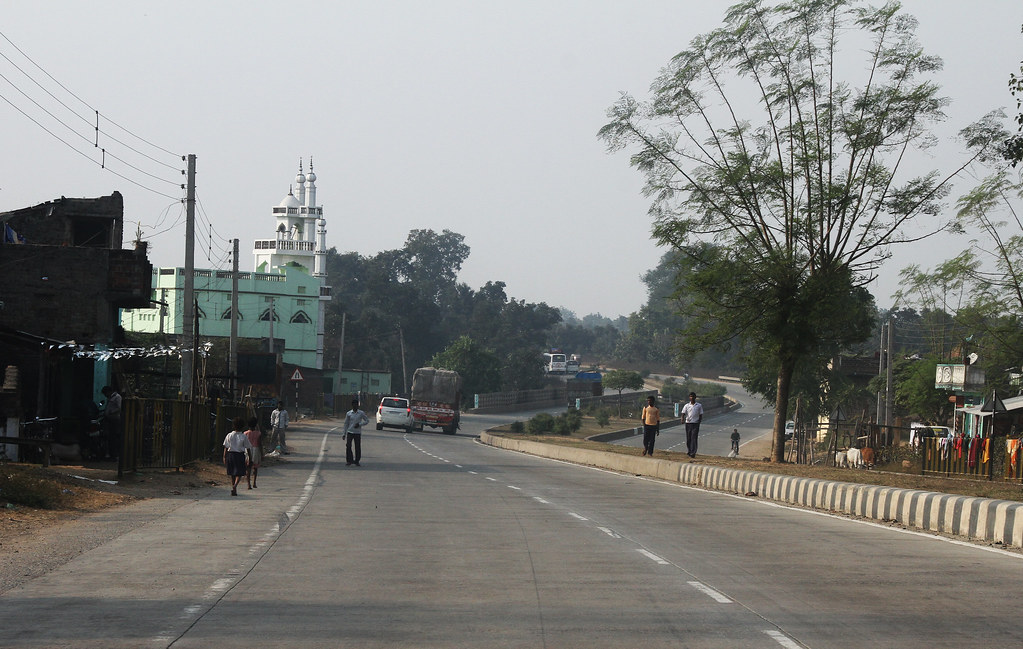
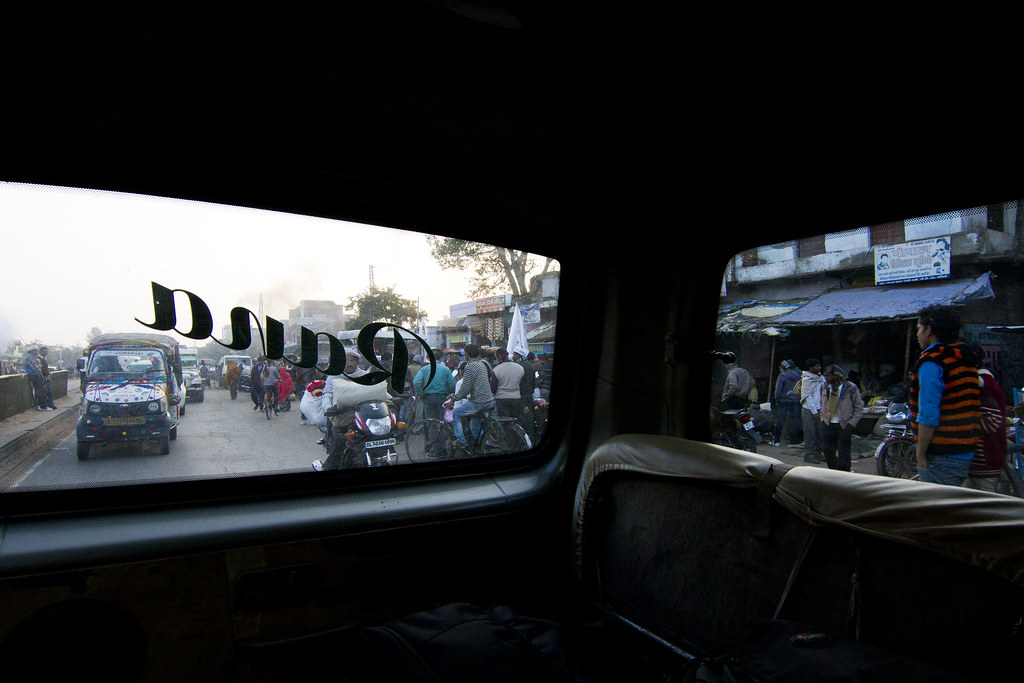
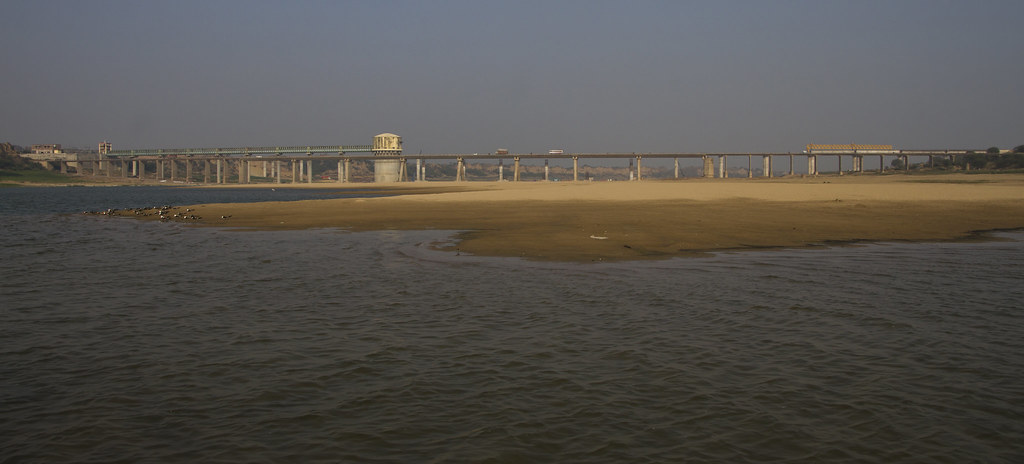
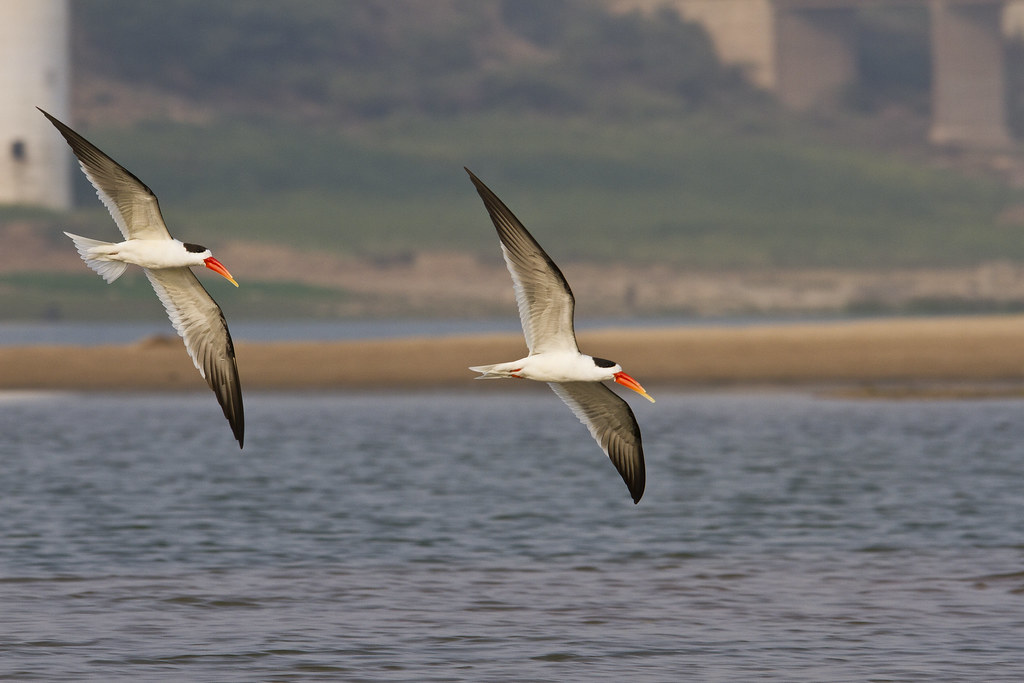
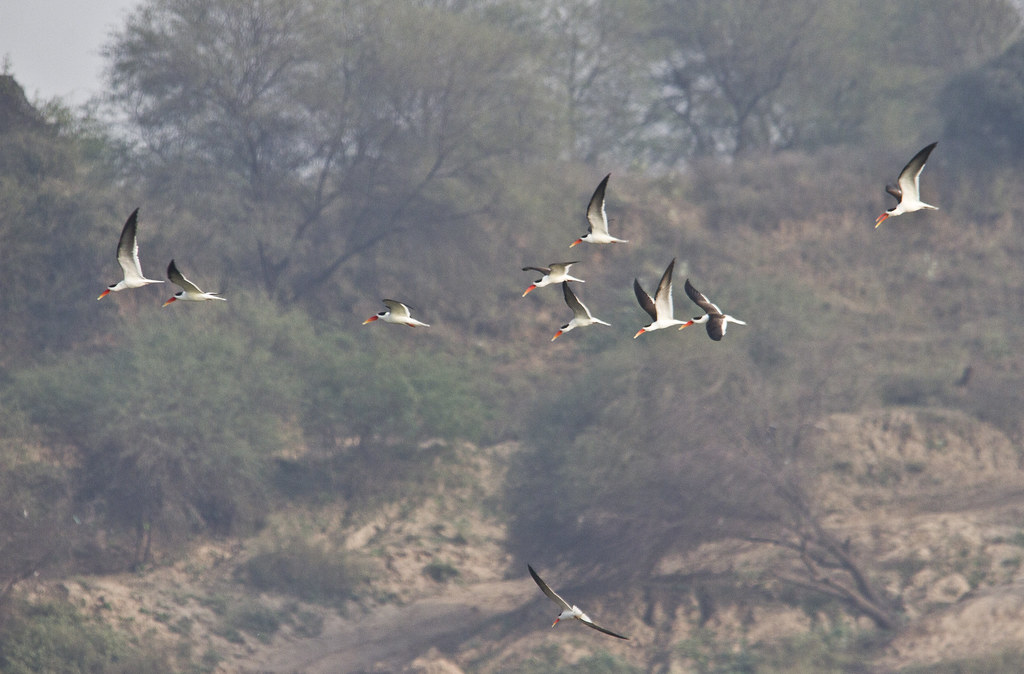
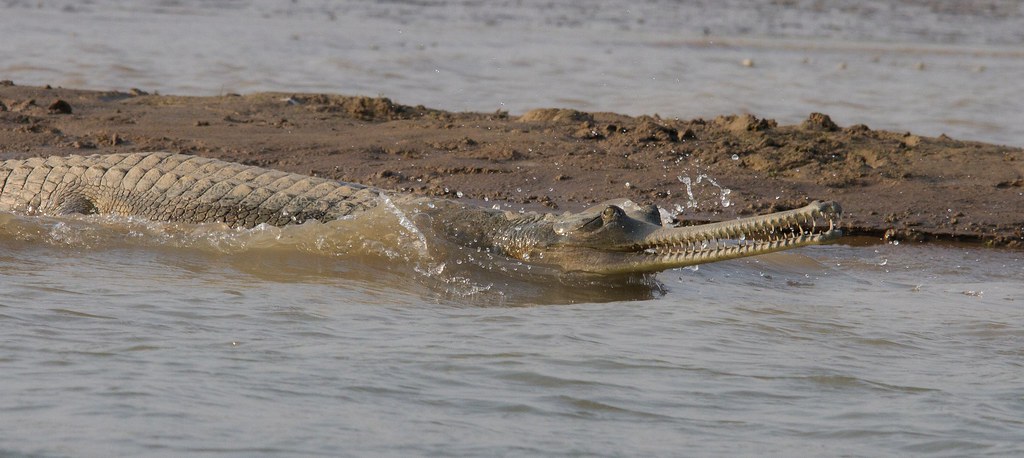
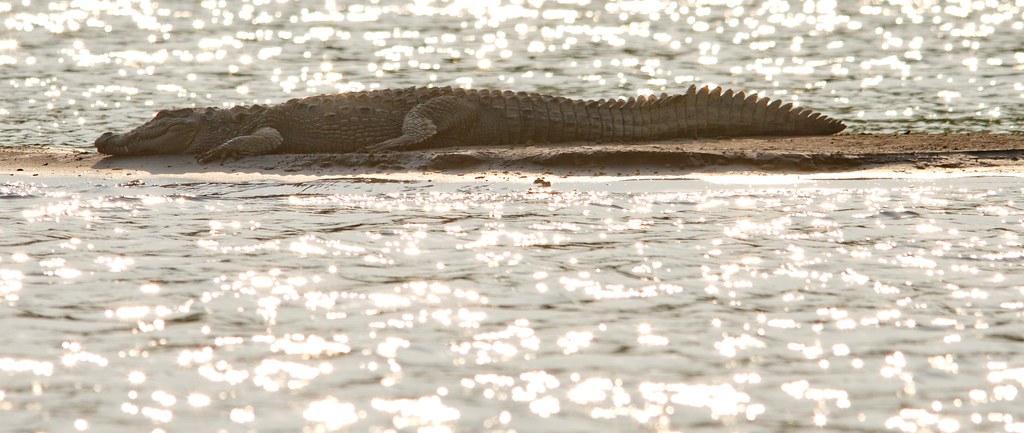
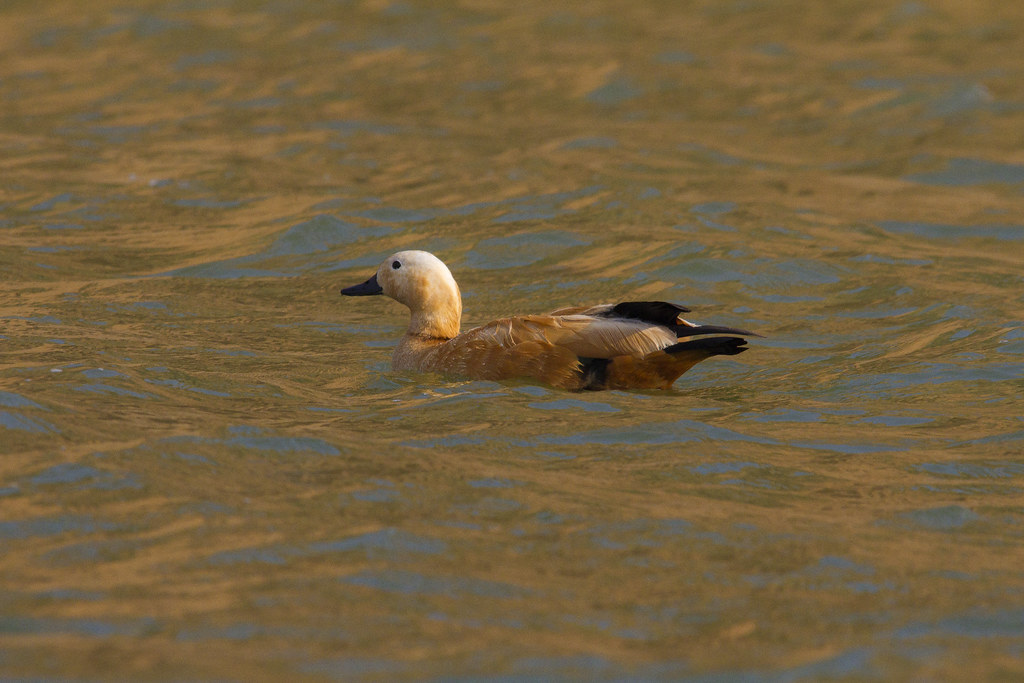
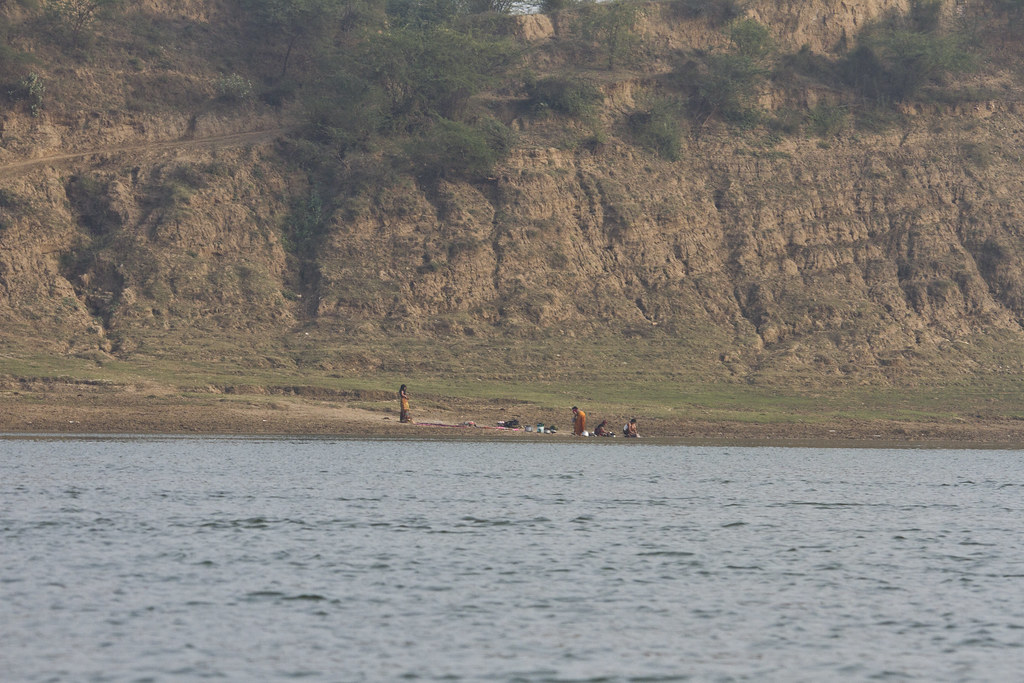
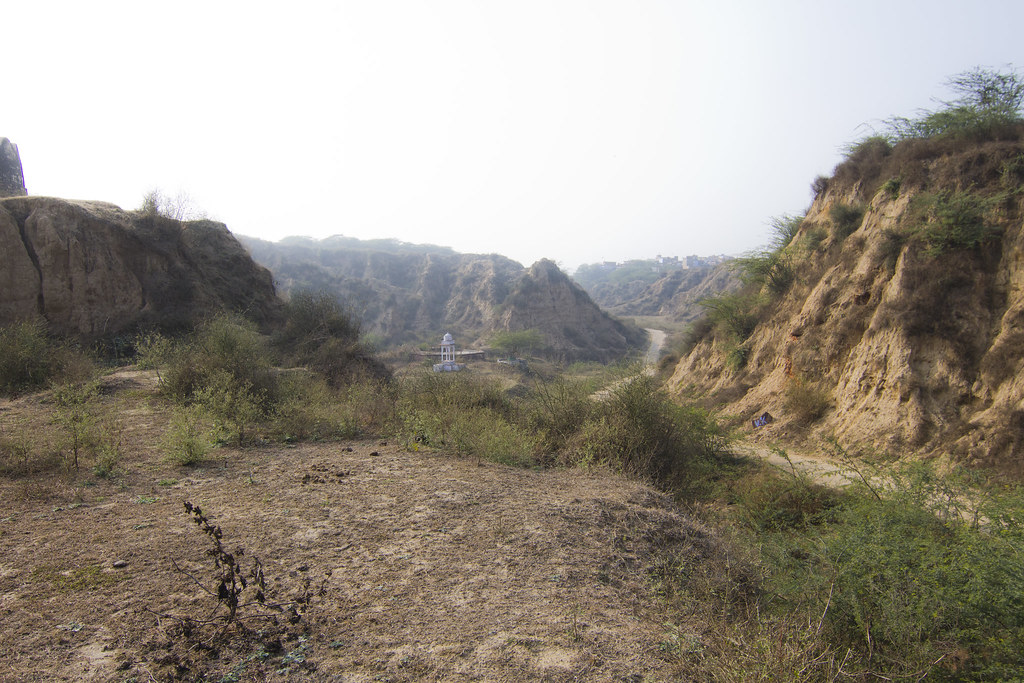
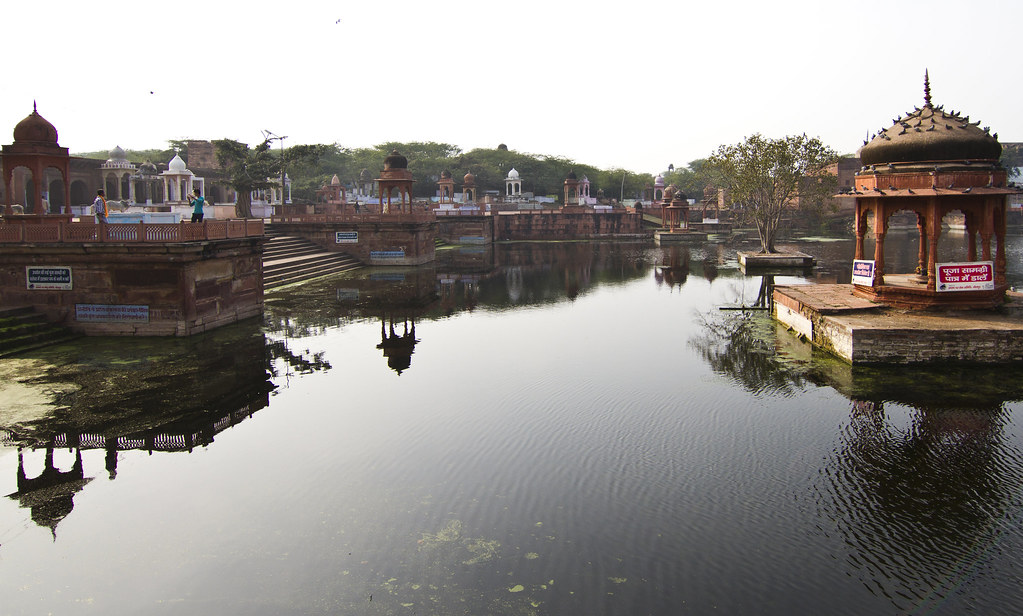
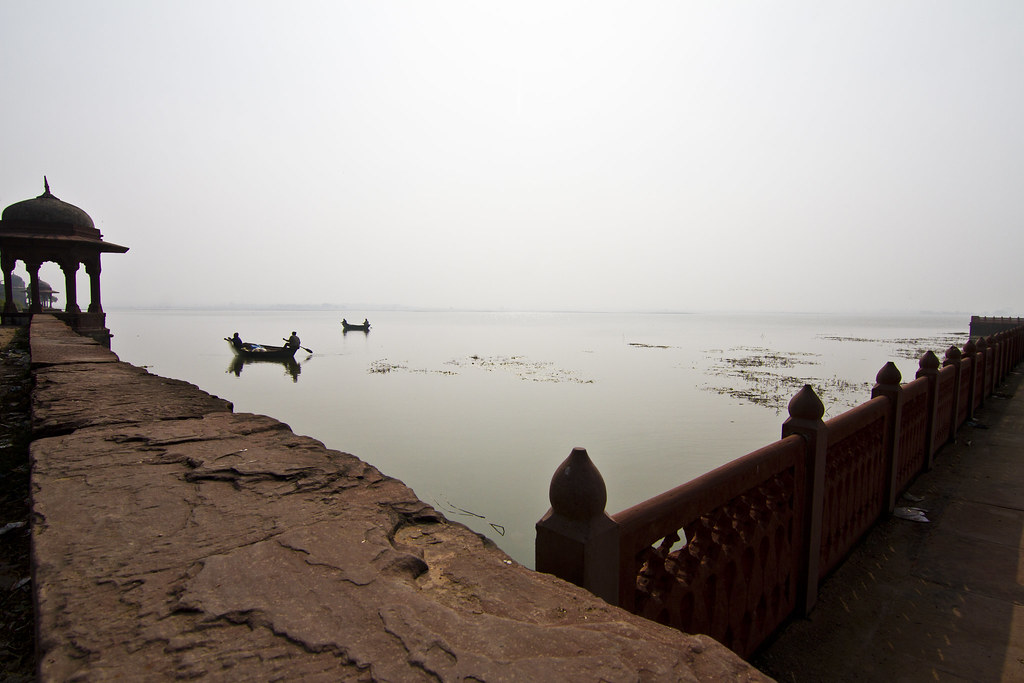
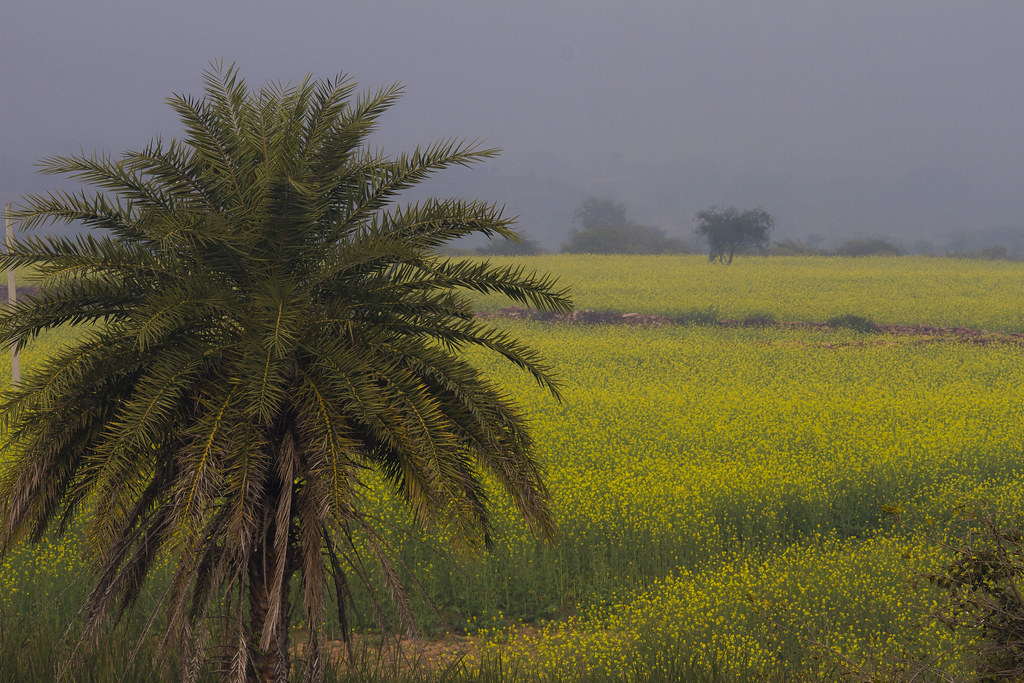
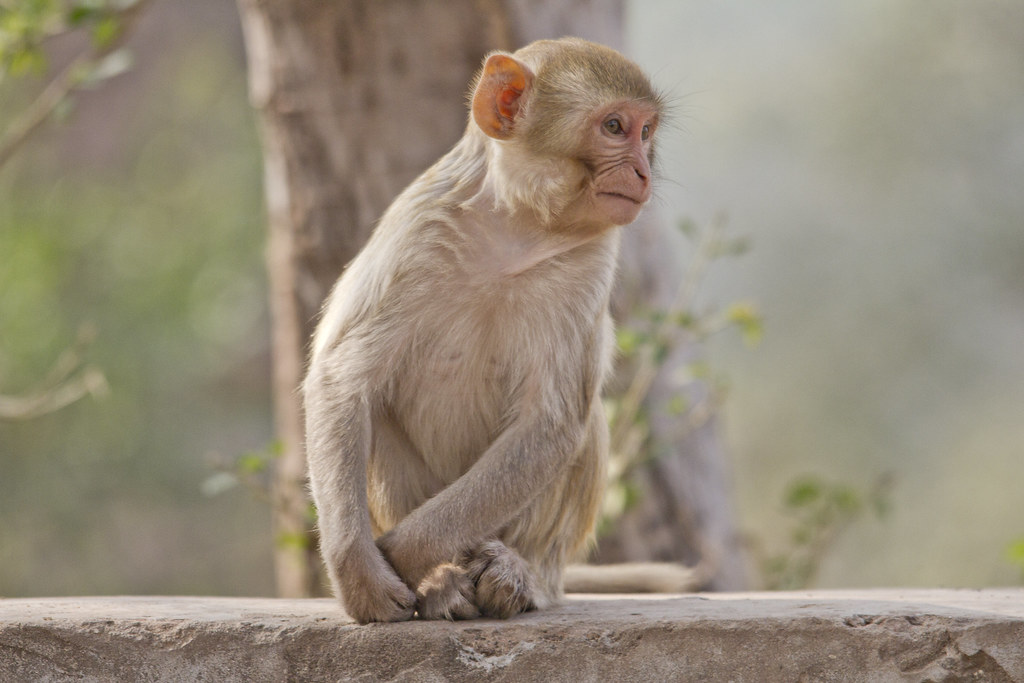
1 comment:
Admire your multi talented skill sets. Writing, Poetry appreciation , Photography and then technology of putting it all together . Bravo and kudos my friend.
Post a Comment